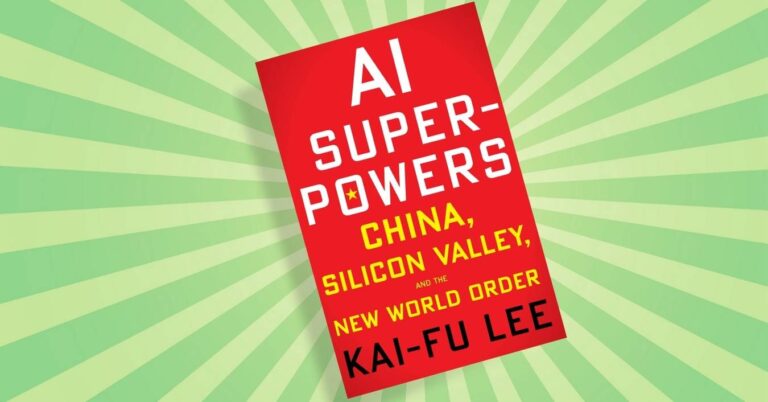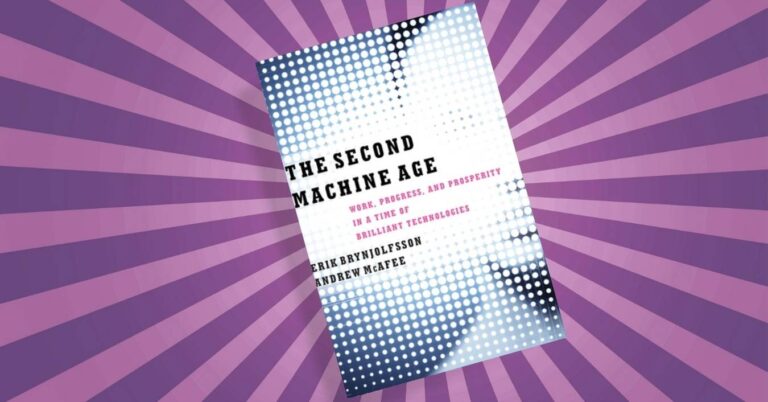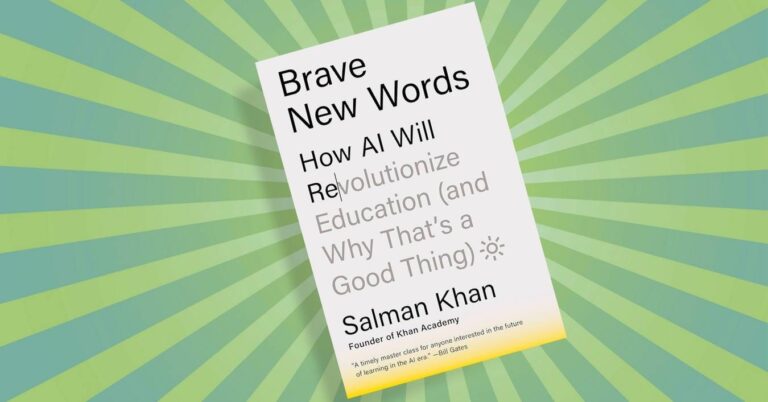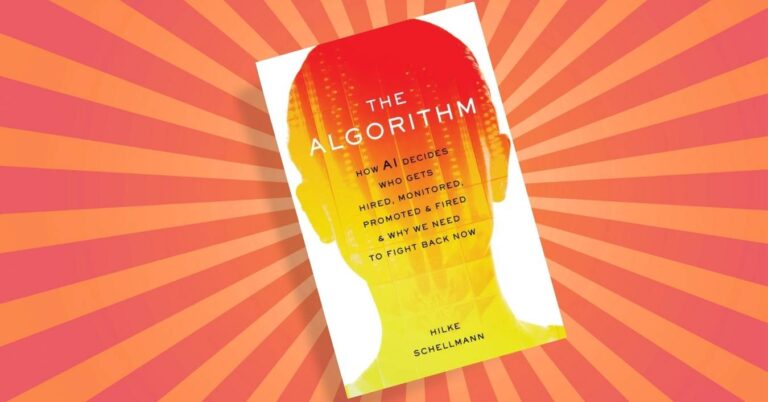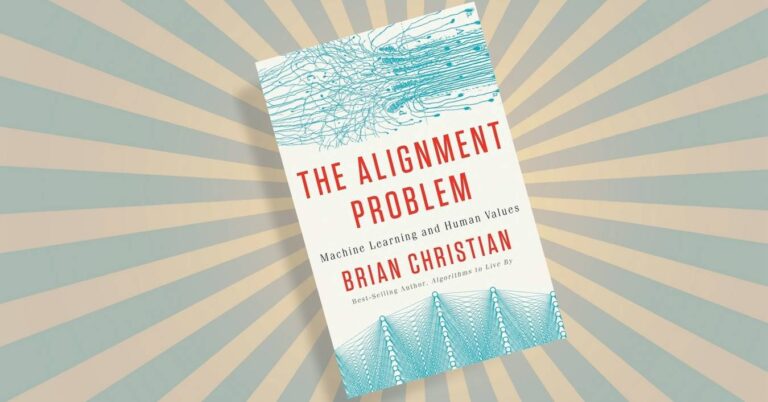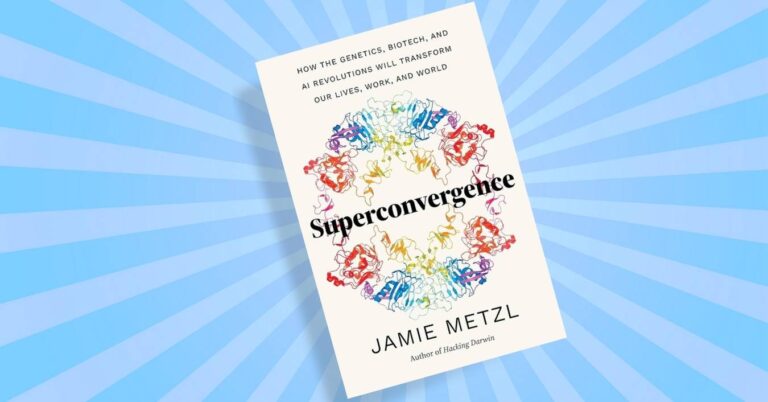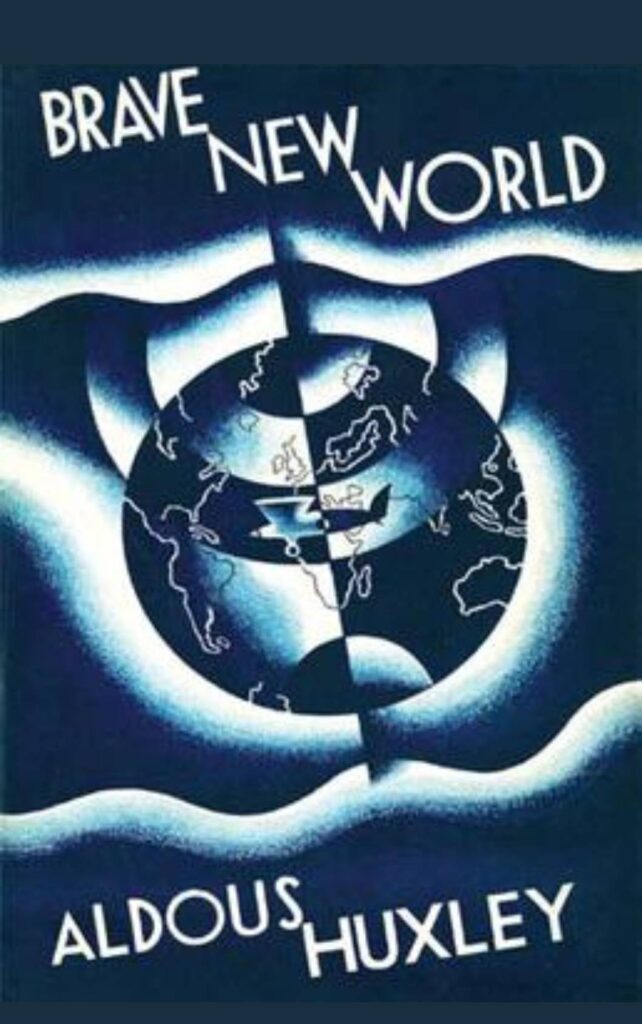
“Brave New World” by Aldous Huxley is a dystopian novel set in a futuristic society where technological advancements and governmental control have created a seemingly perfect world.
However, beneath the surface, the novel explores themes of individuality, freedom, and the human condition, revealing the dark side of this utopia.
The story follows Bernard Marx, an Alpha Plus, who begins to question the societal norms and the cost of maintaining such a controlled, artificial environment.
Key Takeaways, Insights, and Views
- Technological Control
- The society in “Brave New World” uses advanced technology to control every aspect of life, from reproduction to psychological conditioning.
- Technology ensures stability and happiness at the cost of individuality and freedom.
- Social Stratification
- The population is divided into castes, each predestined for specific roles and tasks.
- The rigid caste system prevents social mobility and maintains order.
- Loss of Individuality
- The society prioritizes collective happiness and stability over individual freedom and expression.
- Personal desires and emotions are suppressed to prevent disruption.
- Conditioning and Hypnopaedia
- From birth, individuals are conditioned to accept their roles and the values of the society.
- Hypnopaedia, or sleep-teaching, reinforces societal norms and behaviors.
- The Role of Soma
- Soma is a drug used to maintain public contentment and prevent dissent.
- It represents the use of escapism to avoid dealing with reality and personal issues.
Core Concepts
| Concept | Explanation | Importance |
|---|---|---|
| Technological Control | Use of technology to regulate all aspects of life, ensuring stability and compliance. | Ensures societal stability but sacrifices individual freedom. |
| Social Stratification | Division of society into castes with predetermined roles. | Maintains order and prevents social unrest. |
| Loss of Individuality | Suppression of personal desires and emotions for the sake of collective stability. | Highlights the conflict between personal freedom and societal control. |
| Conditioning | Psychological and behavioral conditioning to ensure societal norms are accepted. | Ensures compliance and reduces the risk of dissent. |
| Soma | A drug that keeps the population content and docile. | Represents the use of escapism to control the population. |
Deeper Explanations of Important Topics
- Technological Control
- In “Brave New World,” technology is used to engineer and condition human beings. Reproduction is controlled through the Hatchery and Conditioning Centres, where human embryos are artificially created and conditioned to fit into their predetermined roles. This technological control extends to every aspect of life, from career paths to personal relationships, ensuring a stable but highly controlled society.
- Social Stratification
- The society is structured into a strict caste system ranging from Alphas (the leaders and thinkers) to Epsilons (the menial laborers). Each caste is conditioned to be content with their societal role, eliminating ambition and dissatisfaction. This stratification prevents any form of social mobility, ensuring that the social order remains unchallenged.
- Loss of Individuality
- Individuality is considered a threat to societal stability. Personal ambitions, emotions, and relationships are discouraged or suppressed. People are encouraged to conform and find happiness in the collective well-being rather than personal fulfillment. This loss of individuality is a central theme, questioning the value of personal freedom versus societal stability.
Actionable Insights
- Critical Thinking about Technology
- Reflect on the role of technology in your own life and society. Consider both the benefits and potential drawbacks of technological advancements.
- Value of Individuality
- Recognize the importance of individuality and personal freedom. Strive to balance societal expectations with personal desires and expressions.
- Awareness of Social Structures
- Be aware of social stratifications and their implications. Advocate for social mobility and equality to prevent rigid class divisions.
Quotes from the "Brave New World"
- “Words can be like X-rays if you use them properly—they’ll go through anything. You read and you’re pierced.”
- “Community, Identity, Stability.”
- “But I don’t want comfort. I want God, I want poetry, I want real danger, I want freedom, I want goodness. I want sin.”
- “A gramme is better than a damn.”
- “The more stitches, the less riches.”
This summary of the “Brave New World” by Aldous Huxley, is part of our series of comprehensive summaries of the most important books in the field of AI. Our series aims to provide readers with key insights, actionable takeaways, and a deeper understanding of the transformative potential of AI.
To explore more summaries of influential AI books, visit this link.

